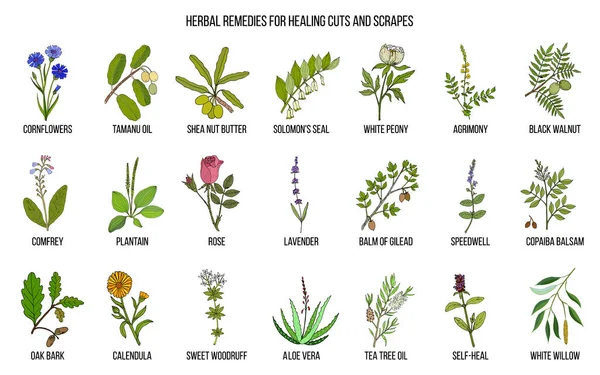Home remedies have been a part of human history
for thousands of years.
From ancient shamans and healers
to the herbalists of today,
People have always sought natural ways
to treat injuries and illnesses.
While modern medicine has brought incredible advances,
There’s a renewed interest in holistic and natural approaches to health.
Yet, many misconceptions still surround home remedies.
Let’s clear up the confusion
and explore the truth behind six of the most common myths.
1. Only Alternative Health Practitioners Offer Holistic Remedies
Myth:
Holistic home remedies are only for those who visit alternative health practitioners.
Reality:
Many alternative health practitioners are also trained medical professionals—
Think medical doctors, osteopaths, and chiropractors—
who practice integrative medicine, blending conventional and alternative approaches.
Acupuncturists, herbalists, and bodywork trainers often work closely with doctors to coordinate care.
Always inform your healthcare providers about all treatments you’re using to ensure your care plan is safe and effective.
2. Holistic Home Remedies Don’t Work
Myth:
Home remedies are ineffective.
Reality:
Many home remedies are backed by science and centuries of use.
For example:
- Peppermint: Used for cramps, bloating, and headaches.
- Honey: As effective as over-the-counter cough medicine (but not for children under one).
- Turmeric: Contains anti-inflammatory properties.
- Ginger: Proven to help with nausea and digestive issues.
- Green Tea: Packed with antioxidants, may lower heart disease risk.
- Garlic: Antibacterial, helps lower cholesterol and blood pressure.
- Chicken Soup: Eases cold symptoms and helps recovery.
- Hot Bath: Relieves muscle and joint pain.
- Dandelion Tea: Acts as a mild diuretic and aids digestion.
- Apple Cider Vinegar: Effective for topical use on rashes and dandruff, helps balance blood sugar.
- Chamomile: Calms stress and aids sleep.
Remember, some remedies may interact with medications,
so consult your doctor before trying new treatments.
3. Holistic Home Remedies Are Expensive
Myth: Natural remedies cost a lot.
Reality: Most home remedies use affordable ingredients like herbs, spices, and plants. Many can be grown at home or bought inexpensively. Simple practices like hot baths, meditation, and gentle stretches are virtually free.
4. You Can’t Combine Modern Medicine with Home Remedies
Myth: You must choose between modern medicine and home remedies.
Reality: Many prescription drugs work better when paired with home remedies. For example, using a salt-water rinse alongside antibiotics for a tooth infection can speed up recovery. However, some remedies can interfere with medications, so always consult your healthcare provider before combining treatments. More doctors are now open to integrating natural remedies into treatment plans.
5. Doctors Don’t Approve of Home Remedies
Myth: Physicians are against natural remedies.
Reality: Attitudes are changing. Many doctors now recognize the value of holistic approaches, especially for pain management. With concerns about prescription painkillers, healthcare providers often recommend alternatives like capsaicin creams, turmeric, massage, acupuncture, or chiropractic care before resorting to medication.
6. Home Remedies Can Worsen Your Condition
Myth: All home remedies are risky.
Reality: While some remedies are ineffective or even harmful, many are safe and beneficial when used correctly. The key is to do your research and consult with your healthcare professional. Modern medicine increasingly supports a balanced approach, using natural remedies when appropriate.


